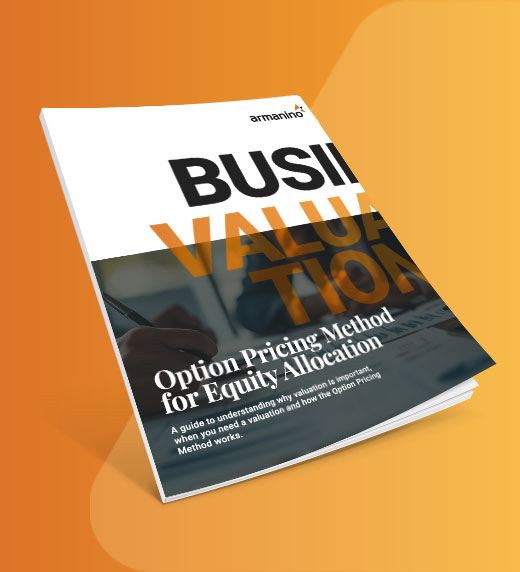
Stock-based compensation is increasingly becoming an intricate part of an employee's overall compensation package. As more and more companies offer equity compensation to attract top talent, it is inevitable that sooner or later, they will run into the complex world of modification accounting for stock-based compensation.
So, what is a modification when it comes to stock-based compensation? As defined under ASC topic 718, a modification is a "change in any of the terms or conditions of a share-based payment award."
Some of the most common types of modifications private companies run into are:
Under a Type III modification, the vesting of a grant is originally considered to be improbable. Yet, under the modified conditions the vesting is now considered probable. There are a few items to keep in mind when accounting for this type of scenario:
Under a type I modification, the probability of vesting is not affected and for a post-termination exercise extension, only the vested portion of the shares are subject to the modification. The following are the key items when accounting for a post-termination exercise extension modification:
Note that modifying the post-termination exercise period for on-going grants is potentially a much larger endeavor.
Companies usually go through an option repricing or exchange program when the current stock price drops below the exercise price of options. For public companies, this price will usually sustain before making an adjustment. For private companies, it might occur when the latest valuation of their common stock (409A valuation) comes out to be lower than the value at which they had previously issued stock options. As a result, grants that were granted with a higher grant price are now considered to be underwater or out of the money. Due to this, companies may decide to do a repricing of the underwater stock options that will result in canceling those grants and issuing new ones with a lower grant price.
As explained in bullet II, the probability of vesting is not affected under a Type I modification. The grants are considered to continue vesting both before and after the modification takes place. As a result, the expense recognized prior to the modification is not reversed and there may be an incremental expense resulting from the modification.
Working through all the types of modifications — what to expect, how to prepare and execute them — can be challenging. But it’s crucial that your stock option accounting is done right. Find out how our Equity Management Consulting experts can provide guidance and solutions to help you save valuable time and steer clear of pitfalls in this and other aspects of your stock option plan.
Reduce your stock option complexities with a free, 30-minute strategy session for your equity plan challenges.


